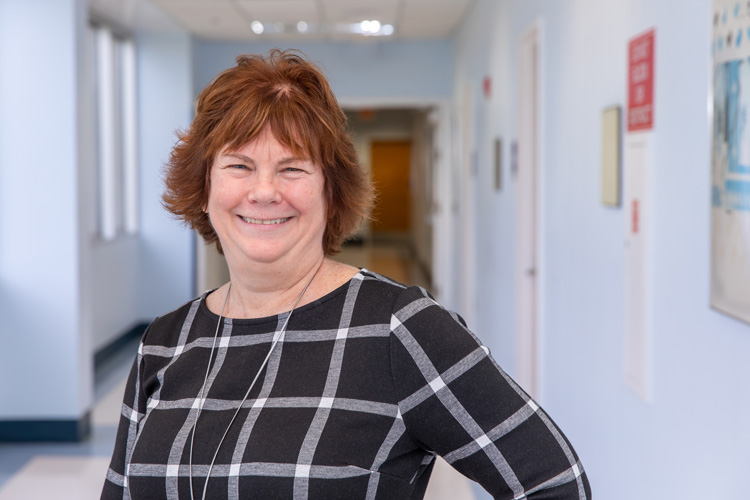
While December ’tis the season to be jolly … it’s also the season of extra stress and that is not a good thing for your mental or your physical health.
Indeed, according to a December 2016 study published in Circulation, a journal of the American Heart Association, “the winter holiday season is considered a risk factor for both cardiac and non-cardiac deaths.”
Add lapses in diets and good eating habits, increased alcohol consumption, seasonally strained finances, unreasonably high expectations and intra-family conflicts to that mix and it’s clear “the most wonderful time of the year” can be anything but wonderful.
Psychology Today goes even further by saying holiday stress and anxiety can “lead us all to behave in ways we’re sure to regret later.”
Anne Posey, a licensed mental health counselor and the administrative director of the Cleveland Clinic Indian River Hospital’s Behavioral Health Center in Vero Beach, agrees and offers some observations and tips for coping with holiday stress.
“I think the first thing to do,” says Posey, “is to look at why people feel stressed. We all have our normal stuff: We have our work stress. We have what’s going on in our families. We may have money trouble. All those things exist all year round and we’re dealing with them all year round. But during the holidays we get some added ‘bonus’ stresses. Our to-do lists grow like Santa’s belly.”
“I looked at my [own] calendar this month,” Posey continues, “and I have several functions that I wouldn’t normally have during my normal work week. There’s shopping to be done. There are meals to be cooked. There’s family that comes in. And we don’t tend to eat and drink normally during the holidays. There are always goodies everywhere.”
The American Heart Association echoes that thought, saying “every year, during the Christmas/New Year’s holiday season, millions of Americans abruptly change their patterns of traveling, eating, drinking, exercising, working and vacationing,” and the Mayo Clinic adds, “during this time of year, people often resort to bad habits – they may cave into sugar cravings, go for the booze and overdose on caffeine.”
The first step in dealing with holiday stress, in Posey’s view, is to “manage your expectations.”
We need to understand that the holidays don’t have to be perfect. Or just like last year. Or the year before.
Families change. Traditions and rituals also change. Be open to creating new ones and remember, you may very well not get along with everyone in your extended family.
“People that, generally, you could avoid during the year, you may not be able to avoid over the holidays,” Posey points out. It reduces stress to simply recognize that and accept it rather than worrying about it or bemoaning the fact.
“And if you’re going to go somewhere where there’s food and drink being served, have a plan before you go on how many drinks you’re going to have,” Posey advises. If you should exceed your pre-set limit, Posey’s advice is, “Get a driver or an Uber, because one of the worst things that can happen during the holidays is to get a DUI on top of all your normal holiday stress.”
And while Posey’s next suggestion is something you won’t see in those classic Hollywood Christmas movies that flood the airwaves this time of year, this mental health expert reminds everyone that you can “take a break from family. That’s OK to do. Take a solo shopping trip. Or go with a friend.”
And, Posey contends, getting a little outside help can’t hurt, either.
Instead of climbing ladders to put up decorations or getting boxes out of the attic, it’s OK to hire someone to do that for you. Better safe than sorry.
And remember, Posey says, when it comes to all those Christmas cookies and sugary treats, “when you eat a lot of carbs and simple sugars, then you get the mood swings that come along with that.”
She also advises against what she calls “conversational landmines” and reminds everyone: “Best behavior wins. If you’re together with people, that’s when we should mind our manners. Cut your family some slack and learn to say no. You don’t have to say yes to everything.”
But most of all Posey’s advice goes back to her first step. “Manage your expectations,” because real life is not the Hallmark Channel.
Anne Posey is the administrative director of the Cleveland Clinic Indian River Hospital’s Behavioral Health Center at 1190 37th Street in Vero Beach. The center’s phone number is 772-563-4666.



